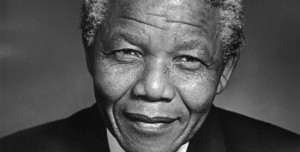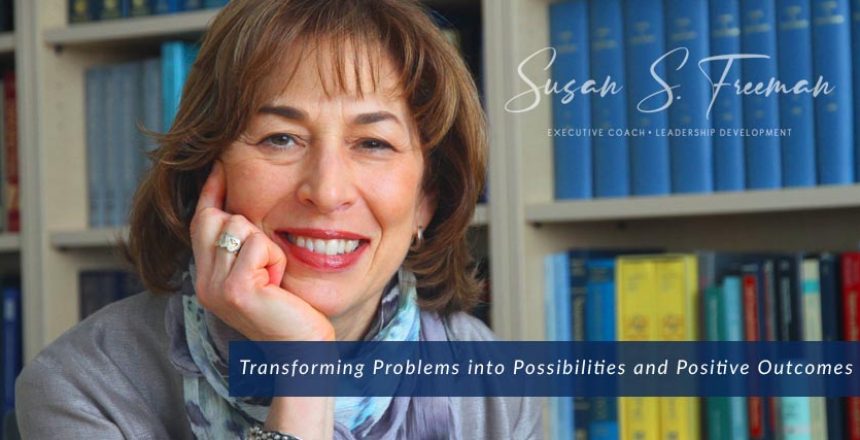The world has lost a truly great leader in the passing of Nelson Mandela. Inspired by the “how” of Mandelas’ leadership, I am re-posting a blog from my colleague and friend, Alana Muller and author of “Coffee Lunch Coffee.” The essence of Mandela’s gift was his uncanny ability to connect deeply with his own vision and to connect it to others. His example reminds us that what lies outside of us pales in comparison to what lies within….

“If you talk to a man in a language he understands, that goes to his head. If you talk to him in his language, that goes to his heart.” ―
Nelson Mandela
Think of your adversary at work… someone who you believe has done you wrong. Are you willing to forgive them? Now, think of a former friend… someone who perhaps has snubbed you over the years to whom you are no longer in contact. Are you ever willing to mend fences? Juxtaposition that with the image of a man… an oppressor-turned- ally standing at a podium mourning the death of his now icon of hope, Nelson Mandela. Prior to his passing yesterday at age 95, Nelson Mandela, indeed, had forgiven that man and mended fences… fences across an entire nation.
Listening to the radio this morning, I joined the world in honoring the memory of Nelson Mandela. Somehow to describe him simply as a world leader, as the voice of hope, as a beacon of unity, as one who was oppressed, as one who forgave… seems not enough. The enormity of the human being he was pales in comparison to the legacy he leaves behind. Setting aside memories, emotion, images, etc., it occurs to me there are lessons here pertaining to relationship building. He was a community builder – he was a nation builder – he brought our world together.
The South African singer/songwriter, Johnny Clegg, whose banned 1980s song that named Mandela and became an anthem for the country, said the following of Mandela,
“He was someone who made you feel that what you were saying was important, and he always waited for you to finish speaking, and he asked very interesting questions. He didn’t ask questions where you felt that he was just trying to engage in conversation. He would try to extract some information about whatever topic you were discussing.”
During the same set of commentary today on NPR’s Morning Edition, several journalists reflected on their interactions with Mandela. As a listener, it was moving to hear the pain in each of their voices and to learn how impactful Mandela had been on their lives. He was beloved. They told intense stories, humorous stories (Mandela was said to have been quite mischievous, funny and flirtatious!), touching stories. Renee Montagne described him as having had, “the common touch.” She said, “he saw people. He saw people. It’s a quality he had that was part of his greatness.”
In remarks following the announcement of Mandela’s death, President Obama said, “We will not likely see the likes of Nelson Mandela again.” While that may be true, we can ensure that we see his likeness in the way we interact with others. Let’s internalize the gifts he left the world – especially those having to do with our interconnectedness:
-
Listen to others – really listen. What they have to say is important.
-
Allow others to finish their thoughts. You won’t know what is in their heart or head until you hear them out.
-
Ask interesting questions in order to engage in meaningful dialogue.
-
Remember, we are all just people – nobody is more or less important than another.
-
See others as human beings. Embrace, forgive, build bridges.
South African author and journalist, Mark Gevisser, described Nelson Mandela as “a universal symbol for goodness and wisdom.” Indeed.
“For to be free is not merely to cast off one’s chains, but to live in a way that respects and enhances the freedom of others.”
― Nelson Mandela

